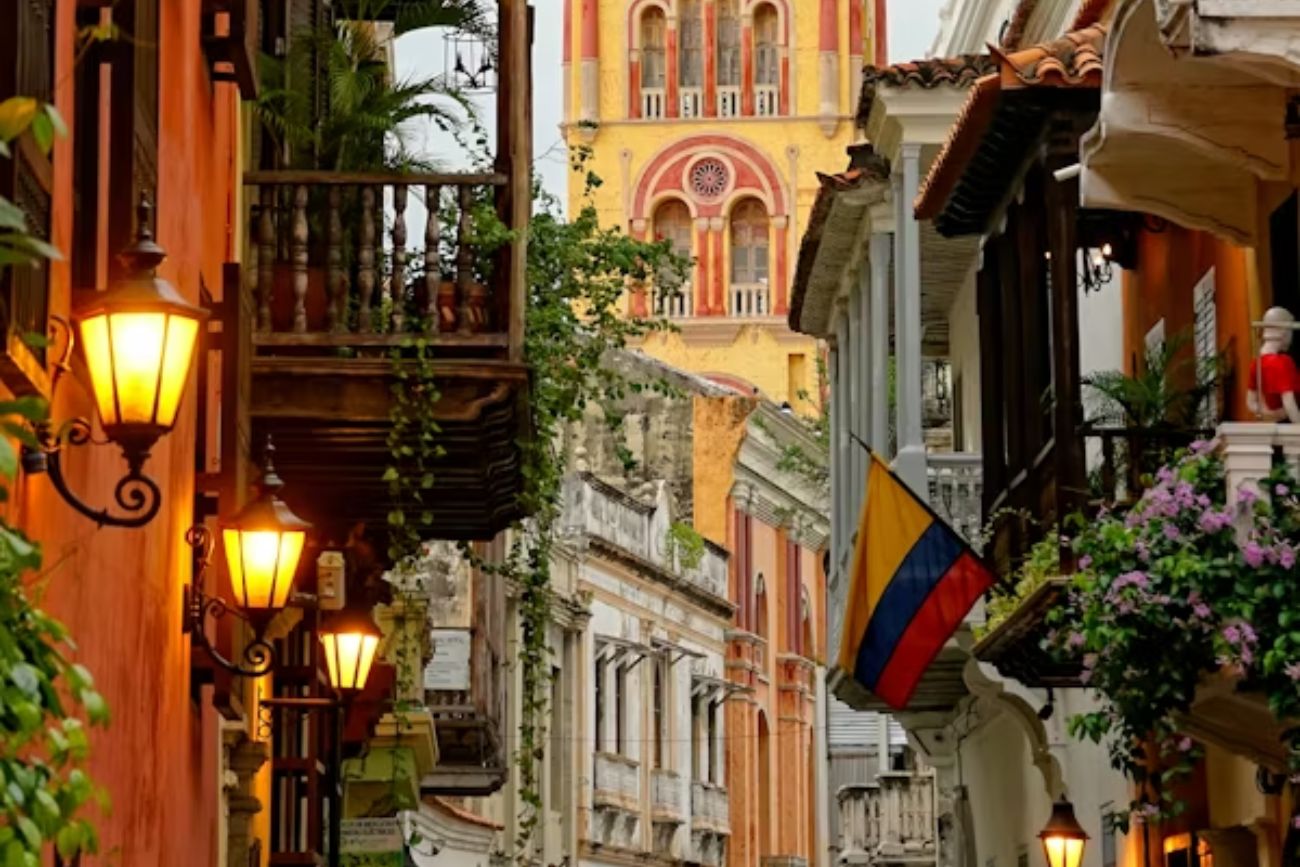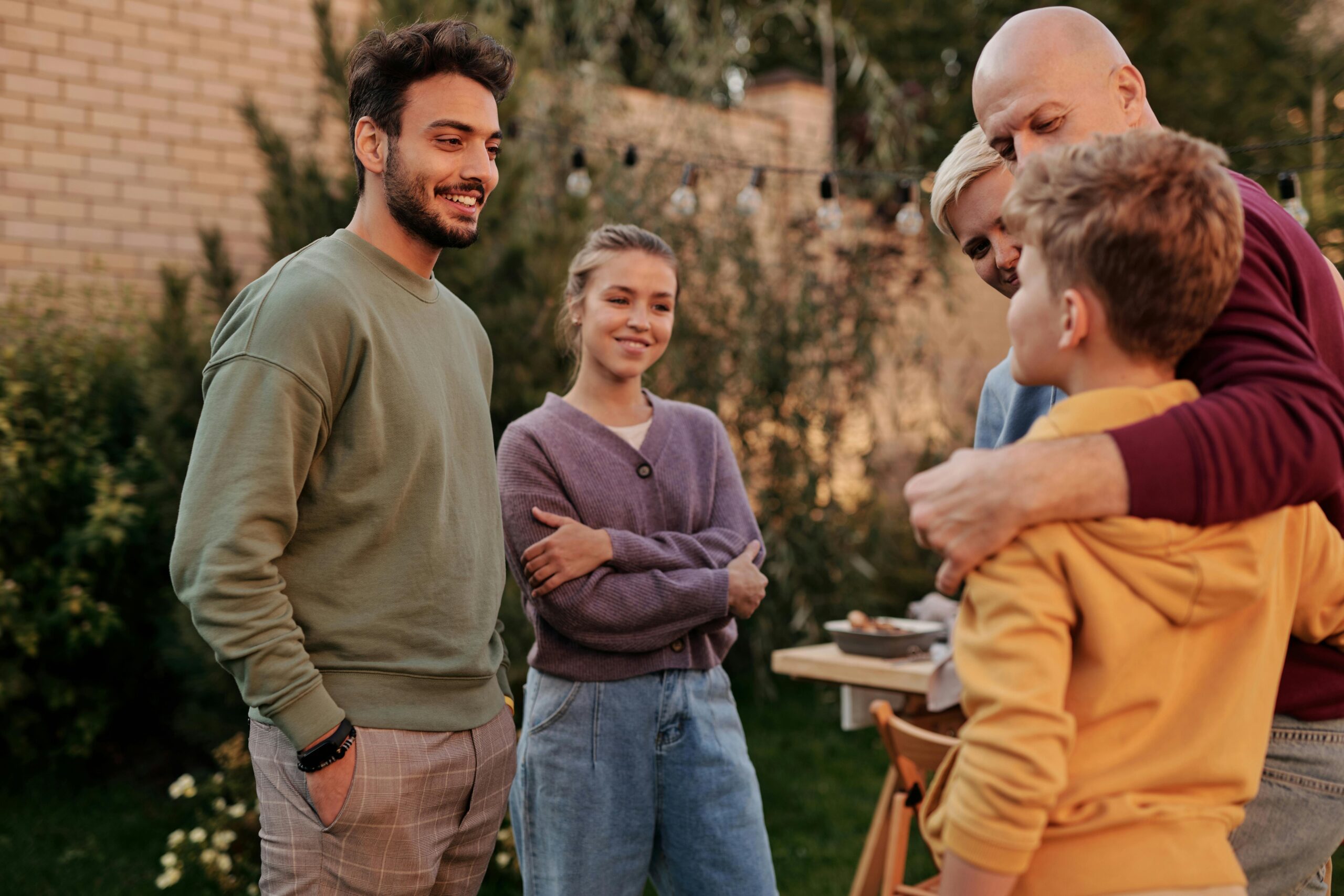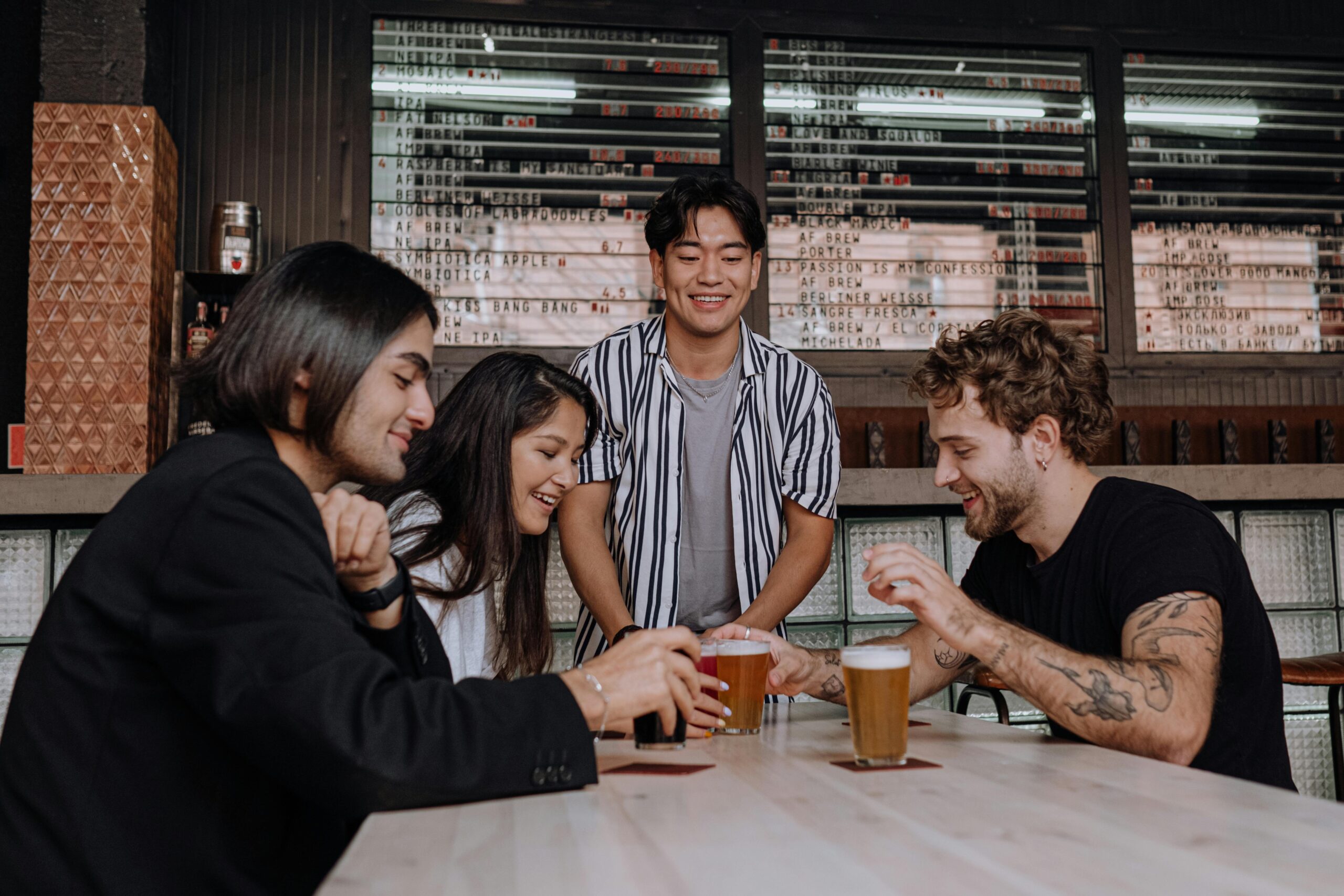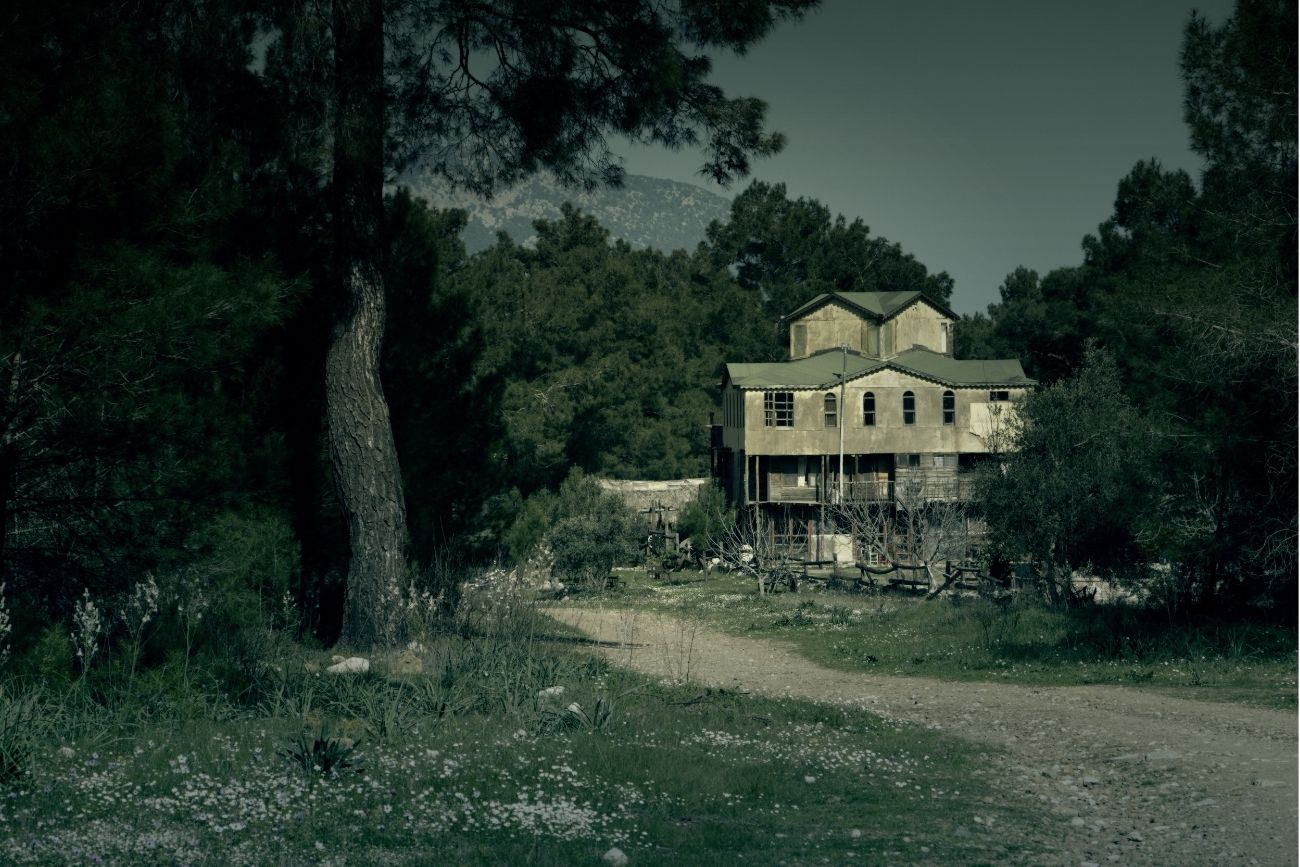
20 Most Used Colloquial Expressions in Colombian Spanish
Colombian Spanish is known for its rich variety of colloquial expressions that may sound unfamiliar to Spanish speakers from other countries, but are essential for effective and natural communication in Colombia. In this article, you’ll learn 20 of the most common expressions, organized by themes to help you understand and use them with confidence in your conversations. By learning these phrases, you’ll not only improve your Spanish but also gain a deeper understanding of Colombian culture and its unique flavor.

1. Greeting Like a Local
In Colombian Spanish, greetings can vary widely, and sometimes include colloquial phrases that might be confusing at first. Here are a few examples:
¿Qué más?
One of the most common informal greetings in Colombian Spanish. It’s the equivalent of “How are you?” or “What’s up?”
- Example:
¿Qué más, parcero? ¿Cómo va todo?
(What’s up, buddy? How’s everything going?)
Parcero/a
This term is used among friends and is equivalent to “dude,” “bro,” or “buddy.” It’s extremely common in Colombia.
- Example:
¡Hola, parcero!
(Hey, buddy!)
2. Amazing Colloquial Expressions in Colombian Spanish
When something is surprising, fun, or really good, Colombian Spanish has a range of expressions to describe it:
Bacanísimo
Derived from “bacano,” which means cool or awesome. By adding “-ísimo,” it intensifies the meaning to “super cool.”
- Example:
El concierto estuvo bacanísimo.
(The concert was super awesome.)
Chévere
One of the most versatile words in Colombian Spanish. It’s used to describe anything that’s nice, pleasant, or cool.
- Example:
Me encanta este restaurante, es muy chévere.
(I love this restaurant, it’s really nice.)
Chimba
This word can have both positive and negative connotations, depending on the context and tone. Mostly, “qué chimba” means something is amazing or really good.
- Example:
¡Qué chimba de carro tienes!
(What an awesome car you have!)
3. Talking About Money and Work
When it comes to hard work or talking about money, Colombian Spanish has its own expressions:
Camellar
Means to work hard. It comes from “camello” (camel), an animal known for its endurance, referring to the effort required.
- Example:
Tengo que camellar mucho esta semana.
(I have to work hard this week.)
Luca
This term is used to refer to a thousand pesos, like saying “bucks” in English.
- Example:
Eso cuesta tres lucas.
(That costs three thousand pesos.)
4. Everyday Life Expressions in Colombian Spanish
These are phrases you’ll hear in any daily situation in Colombia:
Pilas
Literally means “batteries,” but in colloquial context, it means “pay attention” or “watch out.”
- Example:
¡Pilas con esa moto, va muy rápido!
(Watch out for that motorcycle, it’s going really fast!)
Vaina
A catch-all word that can mean “thing” or “stuff,” especially when you don’t want to be specific.
- Example:
Esa vaina es peligrosa.
(That thing is dangerous.)
De una
This phrase is used to agree immediately. It’s similar to saying “right away” or “of course.”
- Example:
¿Vamos al cine? — ¡De una!
(Shall we go to the movies? — Absolutely!)
5. Food and Drink Colloquial Phrases
You can’t talk about Colombia without mentioning food and drinks. Here are some key expressions:
Tener filo
This expression means to be very hungry, similar to saying “I’m starving.”
- Example:
Después del trabajo siempre tengo filo.
(After work, I’m always starving.)
Guaro
Short for “aguardiente,” Colombia’s most popular alcoholic drink.
- Example:
Esta noche vamos a tomar guaro.
(Tonight we’re going to drink aguardiente.)
Ready to master Colombian slang and speak like a local?
6. Describing Emotions in Colombian Spanish
Colombians have unique ways of describing how they feel in different situations:
Estar mamado/a
Means to be exhausted or very tired. It’s similar to saying “I’m wiped out.”
- Example:
Después de esa caminata estoy mamado.
(After that hike, I’m exhausted.)
Estar embolatado/a
Used to say that someone is confused or overwhelmed with too many things to do.
- Example:
Estoy embolatado con todo este trabajo.
(I’m overwhelmed with all this work.)
7. Party and Fun Expressions
Colombia is known for its vibrant social life. Here are some expressions to talk about having fun:
Rumba
In Colombian Spanish, “rumba” means a party, especially one with music and dancing.
- Example:
El viernes vamos de rumba.
(On Friday, we’re going to party.)
Jincho/a
A colloquial term to describe someone who is very drunk.
- Example:
Después de tantas cervezas, Carlos estaba jincho.
(After so many beers, Carlos was drunk.)
Hacer una vaca
This phrase means to pool money from a group of people, often to buy something like drinks or organize an event.
- Example:
Hagamos una vaca para comprar más cerveza.
(Let’s collect money to buy more beer.)
8. Social Relationships in Colombian Spanish
Finally, here are some common expressions used to describe social relationships or situations:
Sapo
Literally means “toad,” but it’s used to refer to someone who is a tattletale or snitch.
- Example:
No seas sapo, no cuentes lo que pasó.
(Don’t be a tattletale, don’t tell what happened.)
Parchar
A popular expression among young people that means to hang out or chill with friends.
- Example:
¿Quieres parchar en mi casa esta tarde?
(Do you want to hang out at my place this afternoon?)
Qué oso
Used to express embarrassment or awkwardness in a social situation. It’s similar to saying “how embarrassing.”
- Example:
¡Qué oso haberme caído en la calle!
(How embarrassing to have fallen in the street!)

Improve Your Colombian Spanish with Stories
Learning these colloquial expressions is just the first step. To master Colombian Spanish, it’s crucial to understand how they are used in real-life contexts. That’s why we recommend Colombian Spanish Stories for Beginners, a book that will help you get familiar with everyday language while enjoying fun and engaging stories.
Take your learning to the next level.
Ready to master Colombian slang and speak like a local?






